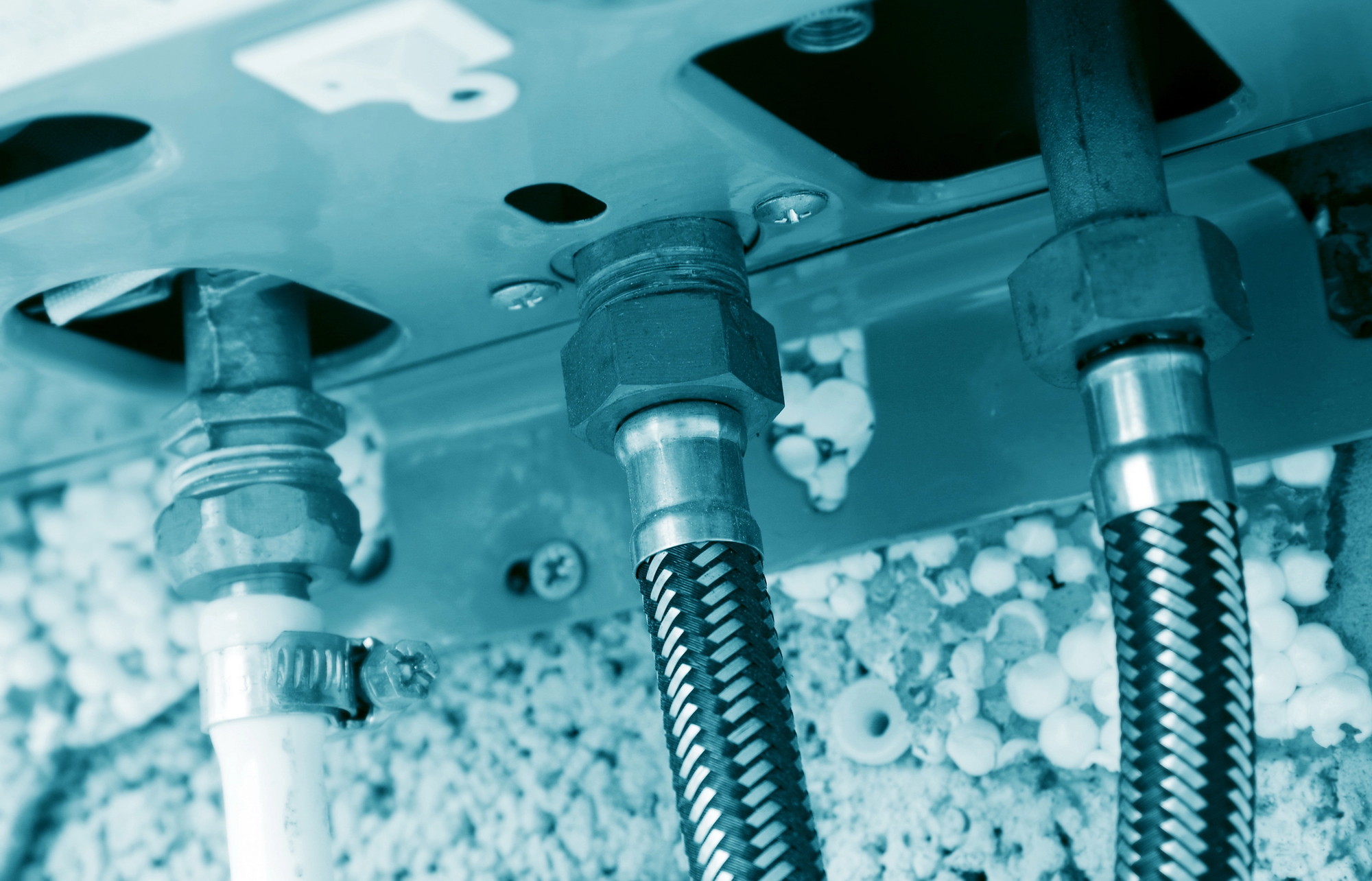
Safety
The Importance of Professional Propane Installation and Inspections



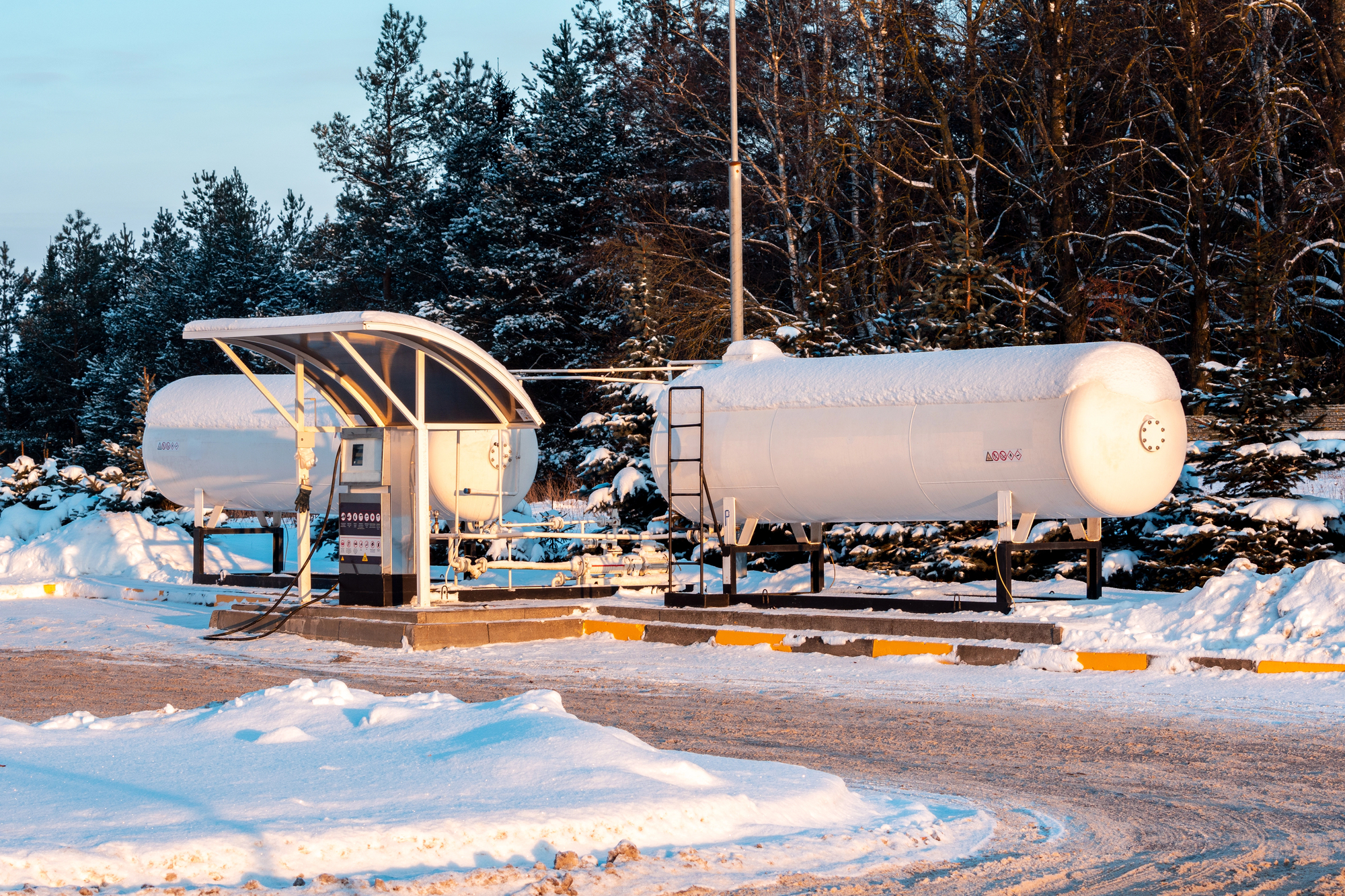


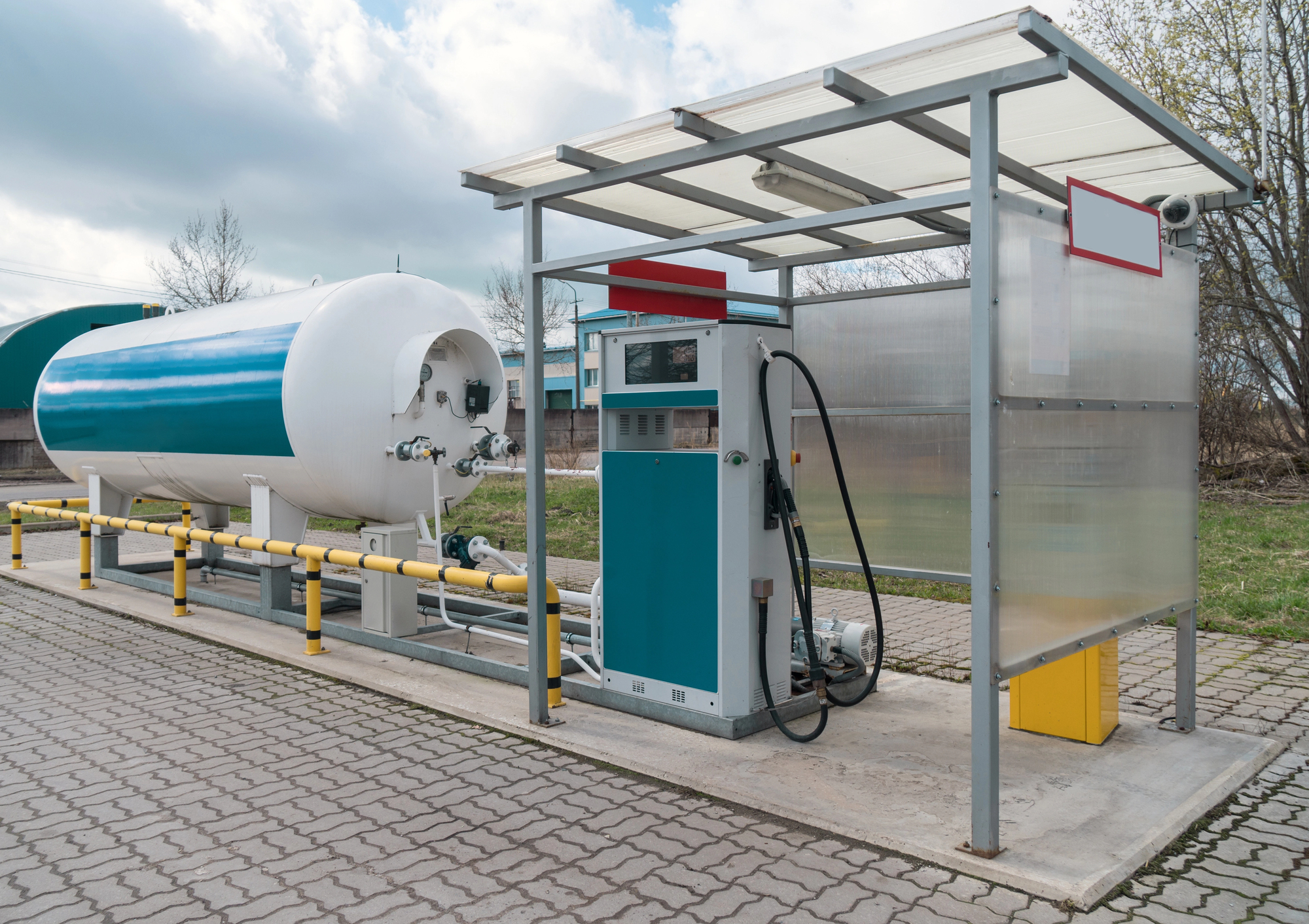
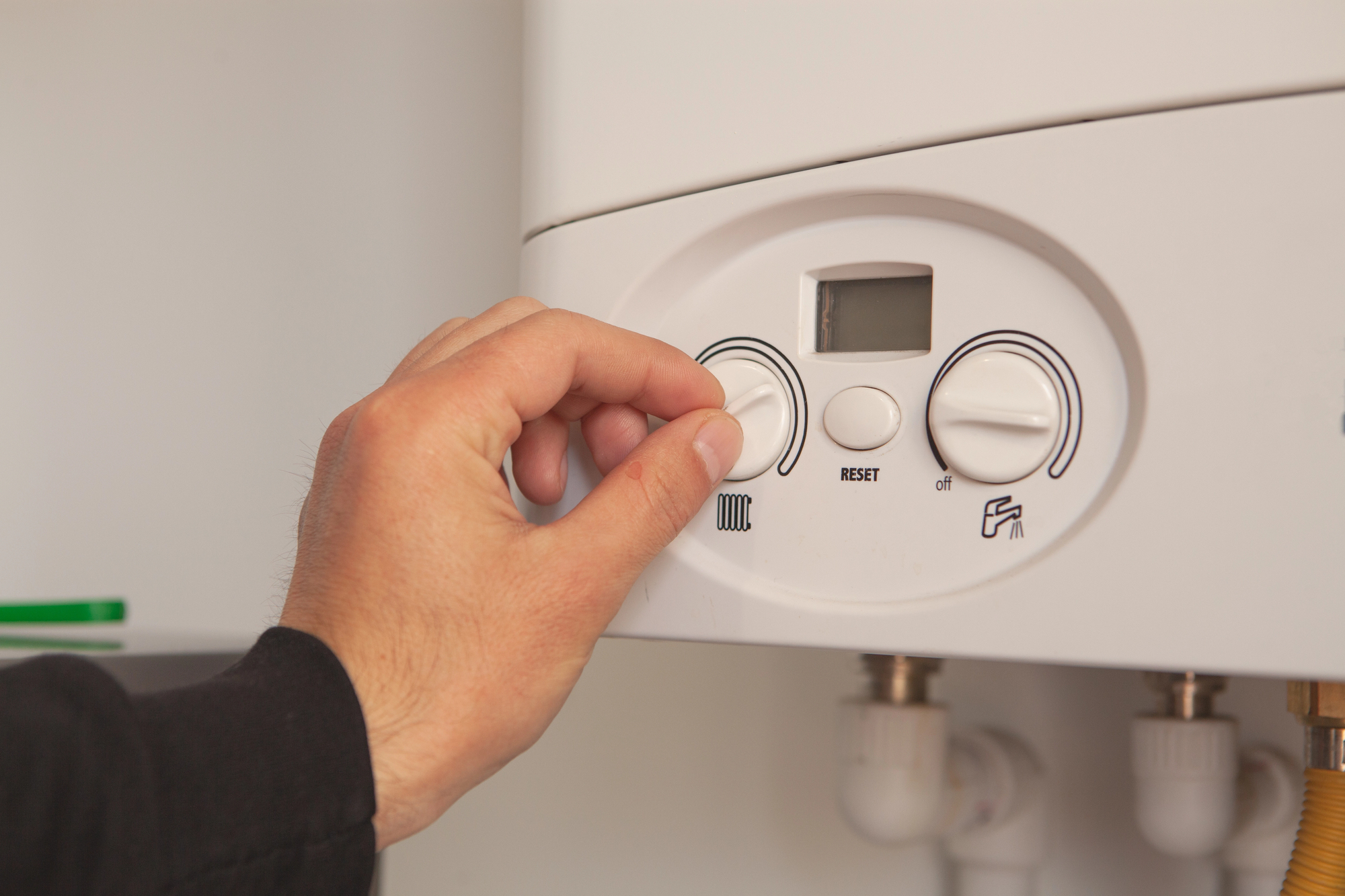
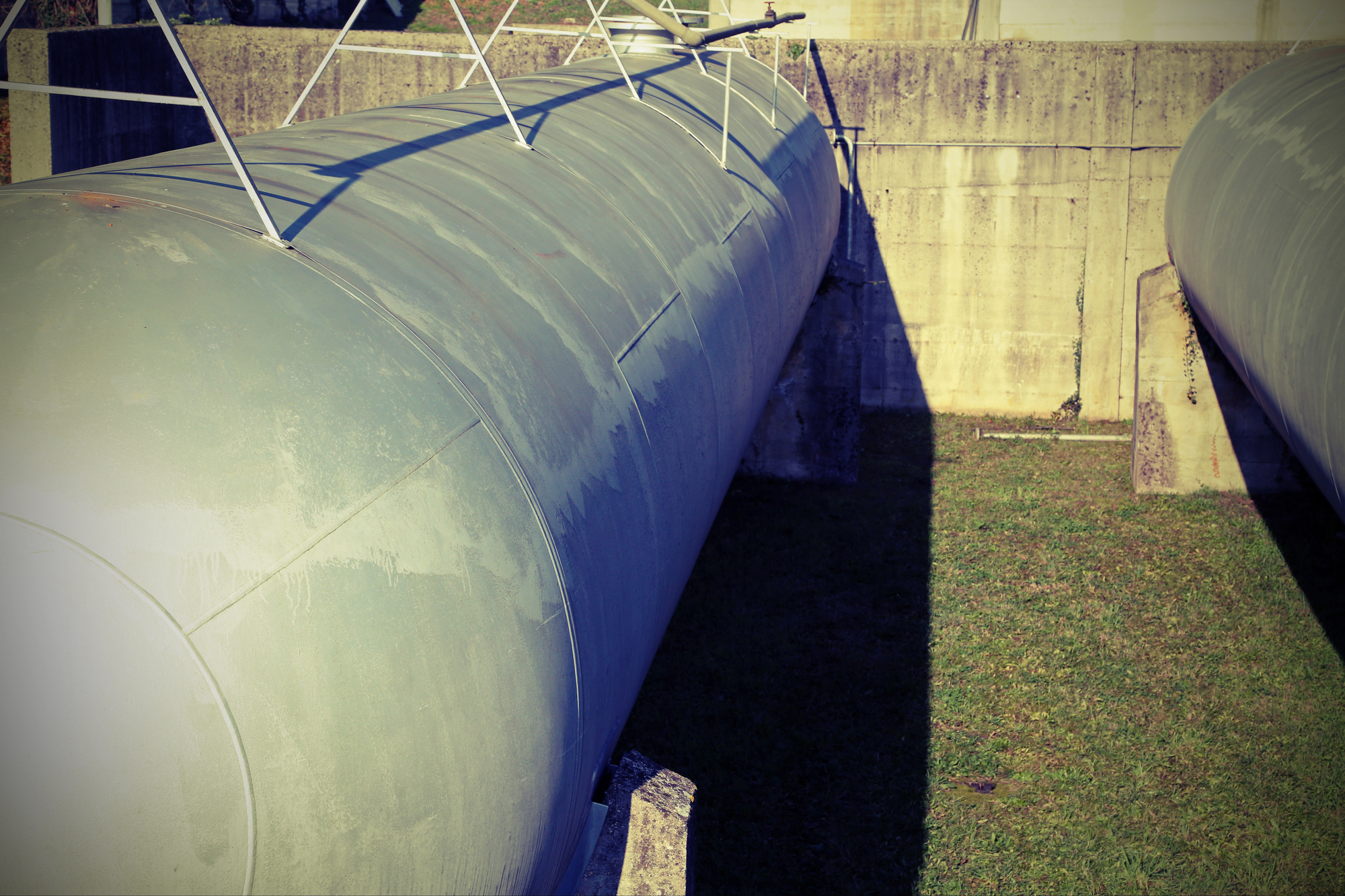


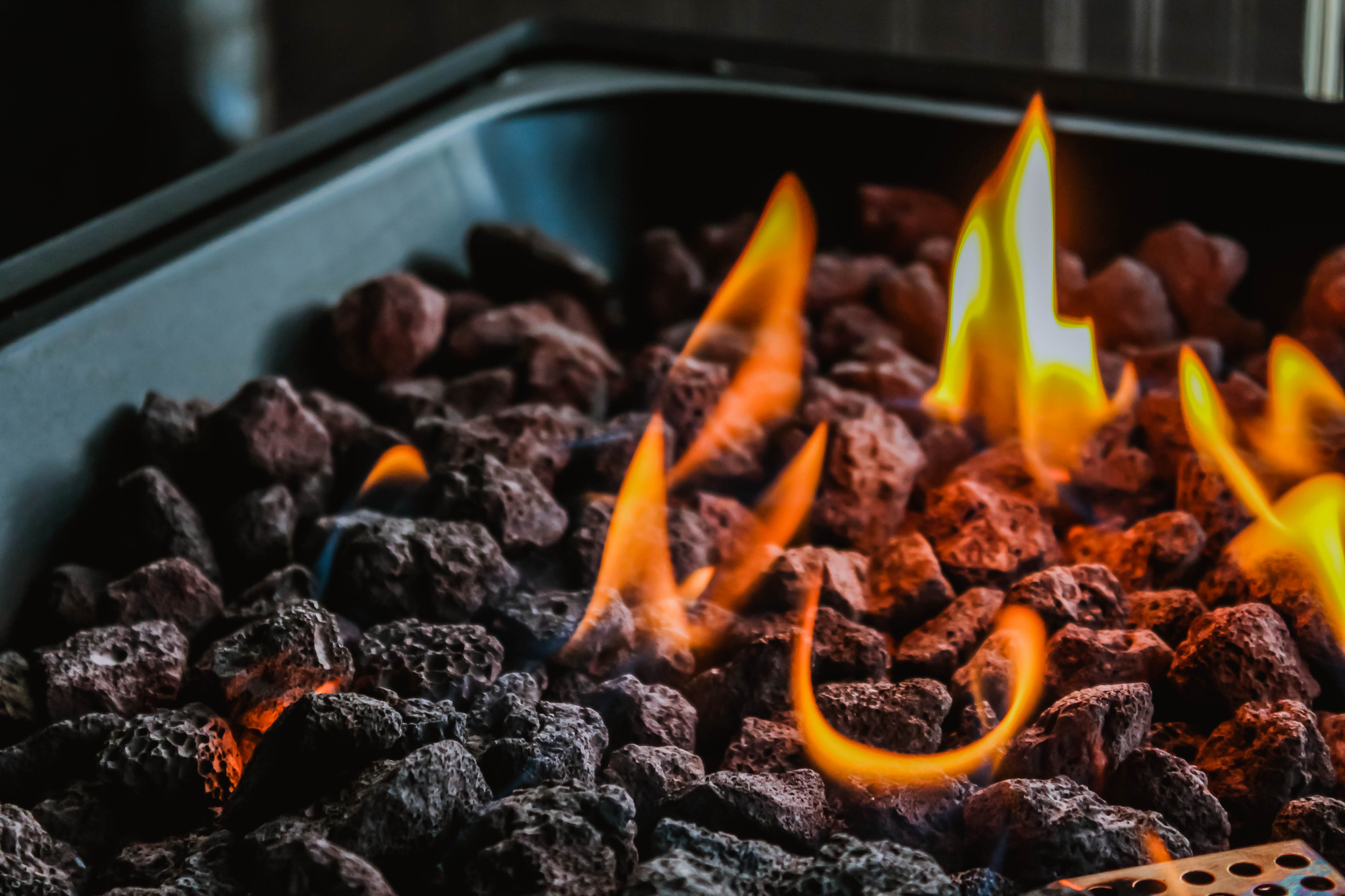
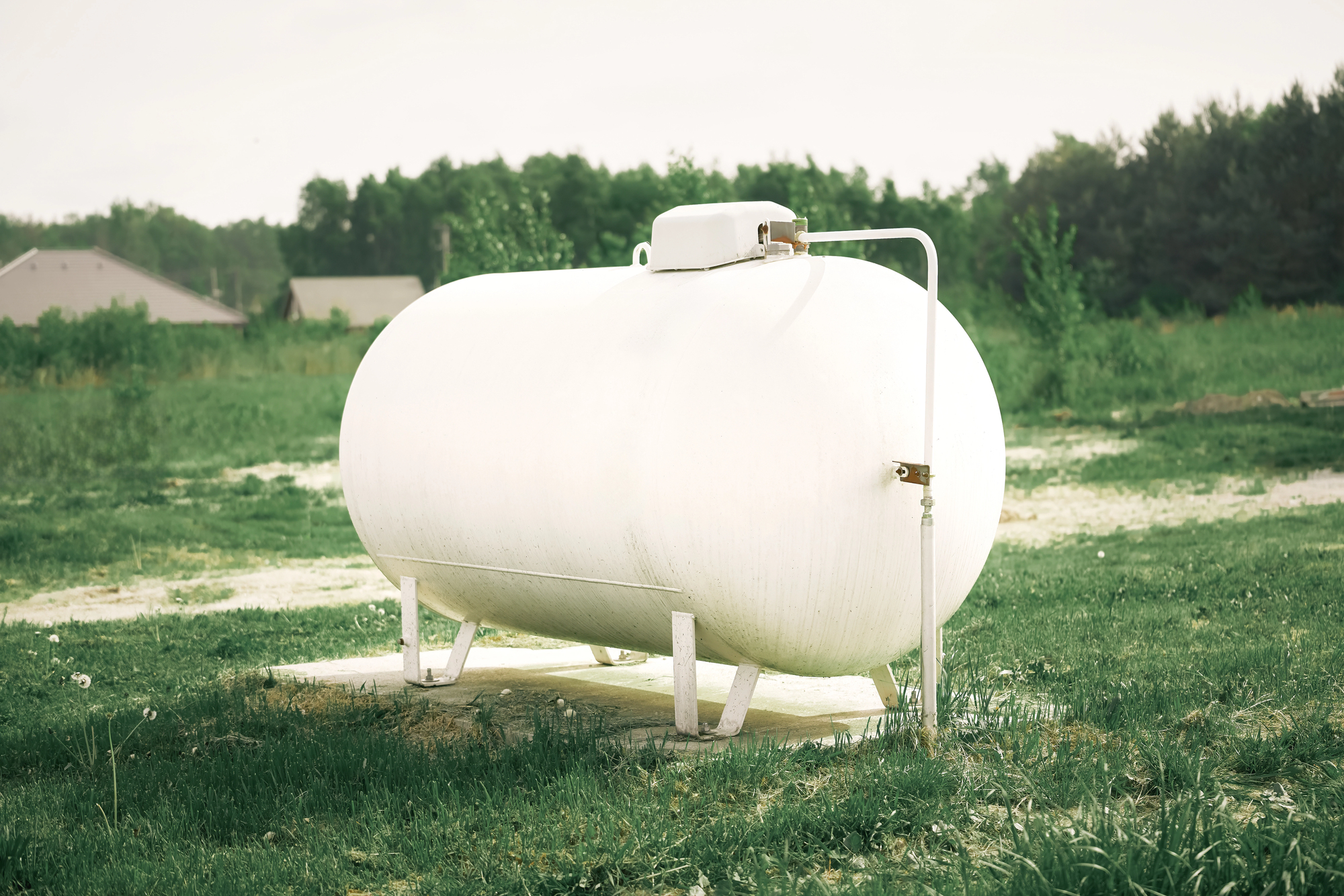
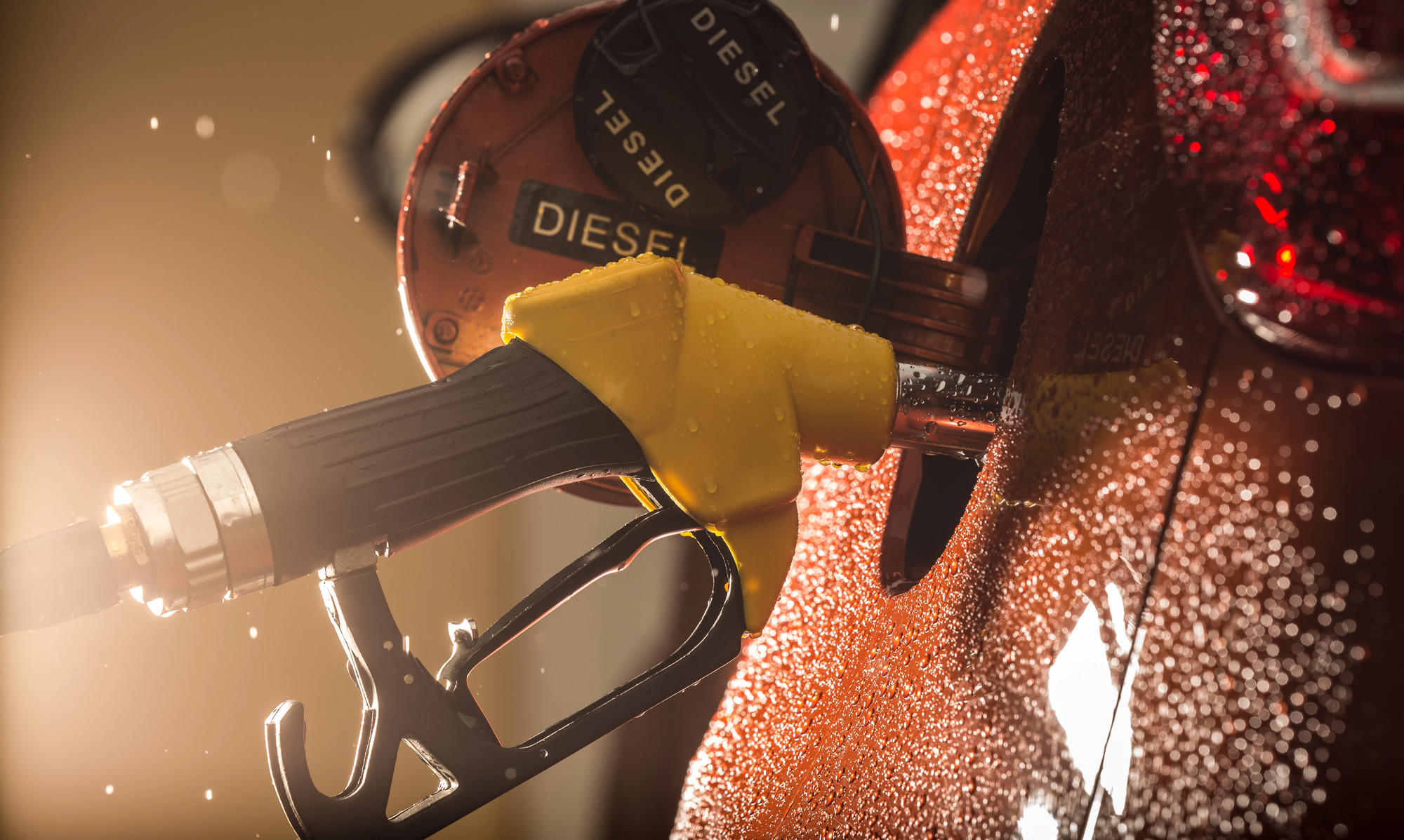



















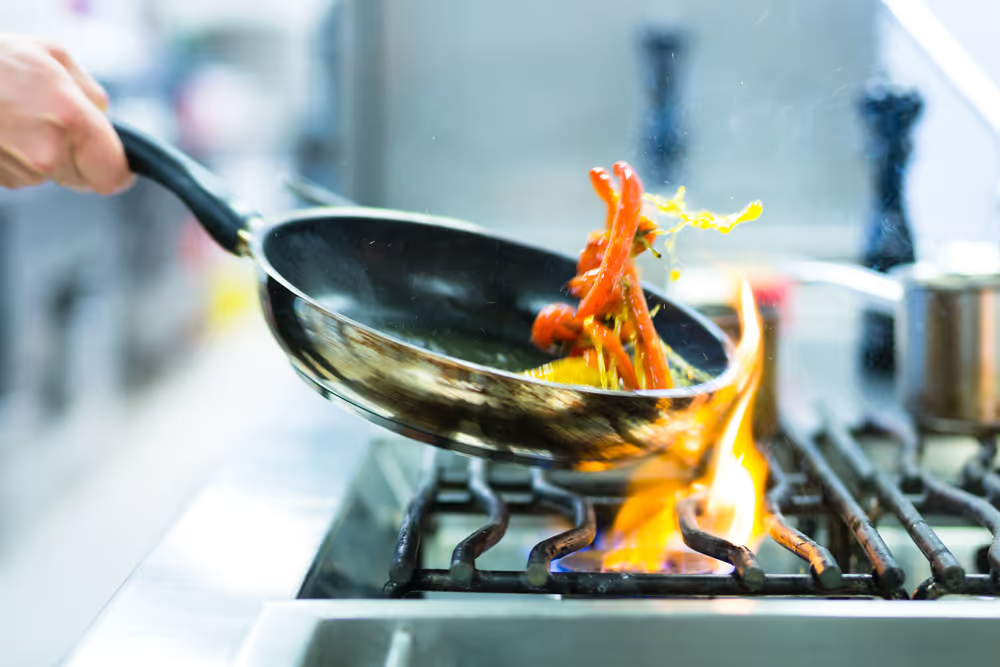




Propane is a clean, efficient, and versatile energy source used in homes, businesses, and across industries. From heating systems to appliances and generators, propane plays an important role in daily life.
But as with any fuel, safety and performance depend on proper installation and regular maintenance. That’s where professional propane installation and inspections become essential.
Why Professional Installation Matters
Installing propane systems is not a do-it-yourself project. Certified professionals have the training and experience to ensure your tank, gas lines, and appliances are installed safely and meet local codes and regulations. Incorrect installation can lead to gas leaks, equipment malfunctions, or even dangerous accidents. A professional installer:
- Connects equipment correctly and securely
- Ensures ventilation and clearance requirements are met
- Tests for leaks before system activation
- Confirms compliance with safety standards
This attention to detail provides peace of mind, knowing your system is both safe and efficient from day one.
The Role of Regular Inspections
Even after a safe installation, propane systems require routine inspections to stay in peak condition. Over time, fittings can loosen, appliances can wear down, and tanks can corrode.
Professional inspections catch these issues early—before they turn into costly or hazardous problems. During an inspection, a technician will typically:
- Check tanks and cylinders for signs of wear or damage
- Test gas lines and connections for leaks
- Inspect regulators, valves, and appliances
- Verify that safety devices are working properly
Regular inspections not only protect your property and family but also extend the lifespan of your equipment.
The Safety and Efficiency Benefits
Professional installation and inspections go beyond safety. They also ensure your propane system is running at maximum efficiency. When appliances operate correctly, they use less fuel, reduce energy costs, and produce fewer emissions.
When to Schedule an Inspection
It’s best to have a professional inspection at least once a year or any time you make changes to your propane system. Additional inspections are recommended if you move into a new property with existing propane equipment or notice unusual performance, such as weak flames, soot buildup, or strange odors.
